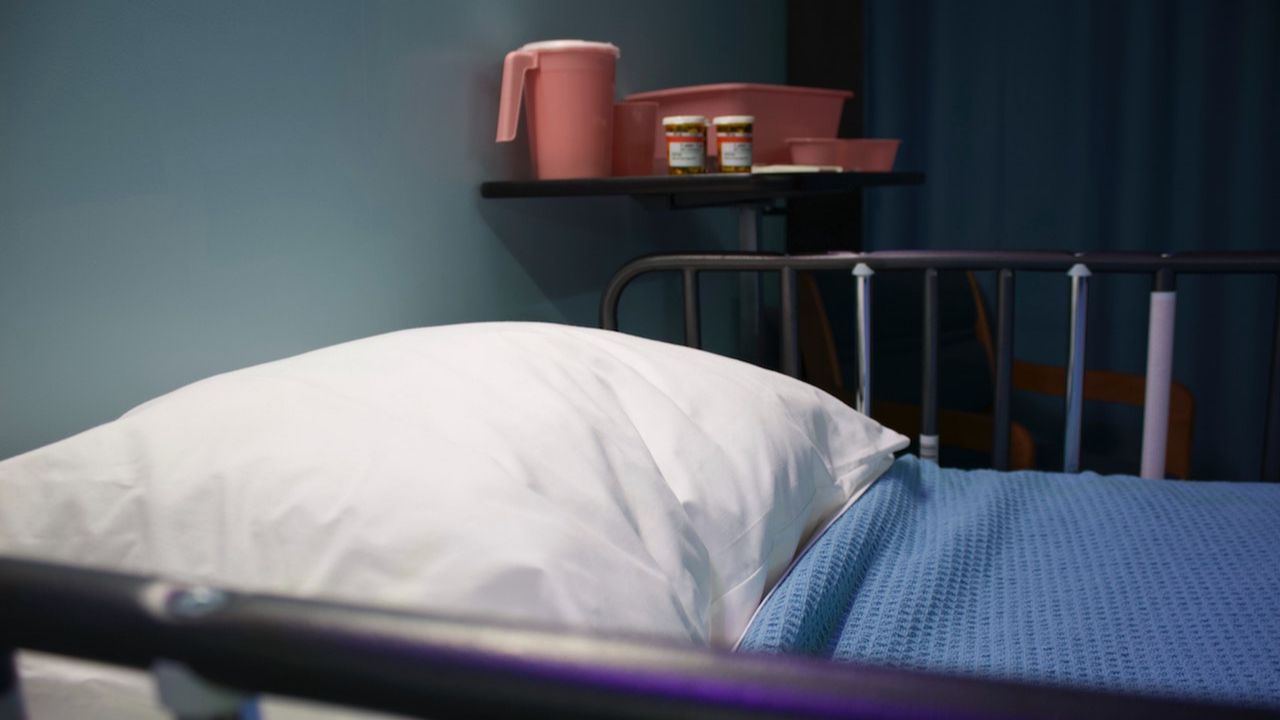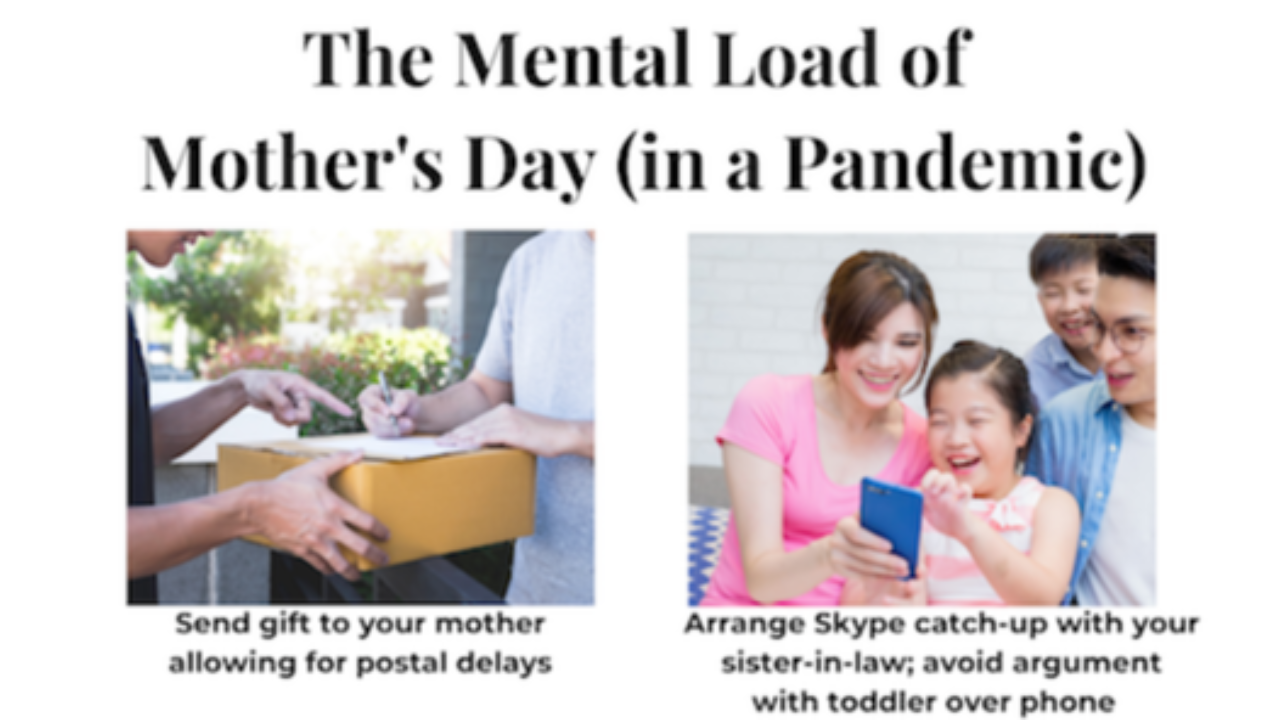I'm Sorry, There Is Nothing More We Can Do

COVID-19: Why we must act NOW
These are the words that no doctor ever wants to say. And the words that no mother, father, daughter, son, sister or brother ever, ever wants to hear.
I remember vividly the first person I saw die from respiratory failure. He was a 5 year old boy in the Democratic Republic of Congo. We saw him on our morning ward round. He was leaning forward in his bed puffing and panting. His eyes had a terrified stare – one that I’ve only seen in people who are starving of oxygen and struggling for each breath. He had received antibiotics and low flow oxygen via nasal prongs.
There was nothing more we could do.
On our afternoon ward round, his bed was empty. His lungs were so infected and inflamed they simply couldn’t provide enough oxygen to his body and he died. I had never before seen a child, or an adult for that matter, die from pneumonia. I remember the outgoing paediatrician who had worked in the Congo for the last 6 months commenting: “Sometimes it’s better if they die when you aren’t around.”
A few days later, we had an 8 year old girl in a similar situation, and then I understood the paediatrician’s comment. This poor girl had the terrified, oxygen-starved look in her eyes. Then she stopped breathing, and her heart stopped pumping. Her mother gave us the most distraught, pleading look. We tried to give more drugs, more fluids, more oxygen, but it was futile. We’d already done everything we could do. Then we shook our heads. A wail came from deep inside her mother’s body as we conveyed the message, “I’m sorry, there is nothing more we can do.” This wail of deep, excruciating pain continued, as she was joined by other women who mourned the loss of a daughter, a sister, a niece, a friend.
To this day, thinking of this brings tears to my eyes. I am so grateful that since returning to Australia I have not had to utter those words, see the terrified eyes, hear this desperate wailing. I have seen children very sick and struggling to breath, and in those situations I have called the Intensive Care team. The patient has been transferred to the Intensive Care Unit promptly. There they can receive high flow oxygen, intubation and ventilation, renal dialysis if they go into septic shock and their kidneys fail, inotropic drugs carefully titrated so their hearts keep pumping despite an overwhelming infection… and then, a few days later, when they no longer need this intensive support, they return to my ward and soon go home.
I have never worked primarily in an ICU setting. I’m sure there are times when patients are too sick and these words are uttered and these discussions are had. But these situations are rare. We have had access to such excellent, well-resourced, well-staffed intensive care departments in Australia for so long that we forget what life is like without this.
And this is what is now terrifying. Our well-resourced, well-staffed intensive care units are designed to cope with the predictable number of critically ill patients based on a per-head-population.
But we have never seen something like CoVID-19.
COVID-19 is a new disease so predictions are difficult to make. But, there is growing evidence from other countries.
This graph shows the exponential spread of the disease in countries like China and Italy after the countries recorded their first 100 patients. It also shows that Japan and Singapore have slowed the spread.
In Australia, we have only recently surpassed 100 patients. We have two options:
- We can continue to “not be alarmed”, wash our hands and see up to 499 other people at a time! With this approach, we should expect to be in the same position as Italy in less than 3 weeks time. We, as doctors, will have no choice but to say to patients and to family members “I’m sorry, there is nothing more we can do.”
- Or we take drastic social isolating measures now and be in the position of Japan and Singapore. In this situation, yes, there will be strain on our health resources but we have a much better chance of being able to provide top-level intensive care to those who need it.
There will be huge economic costs either way, so let’s choose the option which has the least human costs!
No doctor ever wants to face the dilemma currently facing Italian doctors – of deciding who they can actually treat when the need far exceeds the resources. No doctor ever wants to have to explain to a loved one “I’m sorry, there is nothing more we can do.”
And no mother, father, daughter, son, sister or brother wants to be on the receiving end of these words, and see the terrified, hypoxic look in their loved one’s eyes.
As Australians and global citizens, we must adopt widespread social distancing measures and limit travel NOW.
- Cancel interstate and overseas travel.
- Postpone all social events including concerts, meetings, family gatherings, birthday parties and sport.
- Avoid being in public places as much as possible. Maintain 1.5m distance when you do have to go out.
- Wash your hands frequently especially when you first get home, before you eat and before you touch your face.
- Self isolate if you have cold and flu symptoms, have travelled internationally within the last 14 days or have had contact with anyone positive with COVID.
Want to learn more about sharing the mental load?
Join our e-mail community to receive sporadic tips, tricks, stories and inspiration about sharing the mental load.
We promise not to spam and will always keep your details private.





